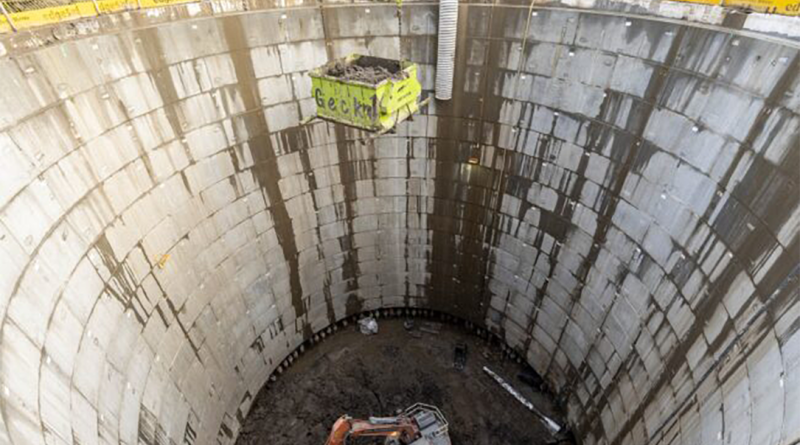£500m Water Framework to Transform North West Infrastructure
The UK’s water industry is undergoing a significant transformation as United Utilities launches a £500 million framework to upgrade its water and wastewater infrastructure in the North West. This ambitious initiative, involving 30 contractors, promises substantial benefits for the region. From supporting environmental sustainability to boosting the local economy, this framework aligns with the Better Rivers initiative and the broader goals of modernising the UK’s water systems.
Focusing on storm overflow solutions, process plant upgrades, and improved rainwater management, the framework addresses current challenges while preparing the region for future environmental demands. It also empowers local businesses to contribute to a stronger, greener, and more resilient North West.
A closer look at the United Utilities framework
United Utilities’ £500 million framework represents a robust investment in the North West’s water infrastructure. It involves 20 civil construction partners and 10 mechanical and electrical installation specialists. Key players, such as Story Contracting, Askam Civil Engineering, and Sapphire Utility Solutions, will undertake diverse projects across the region.
The framework’s scope spans several critical areas, including upgrades to process treatment plants, the installation of advanced storm overflow systems, and initiatives to improve rainwater capture and distribution. These projects directly contribute to the £3 billion Better Rivers initiative, aimed at reducing storm overflow spills by 60% by 2030.
Jane Simpson, Capital Delivery Director at United Utilities, highlighted the transformative impact of this framework, emphasising its role in fostering local business growth, enhancing skills, and providing career opportunities within the region.
Regional and environmental impacts
The £500 million framework supports the Better Rivers initiative, a landmark programme targeting a 60% reduction in storm overflow spills by 2030. This aligns with the UK’s commitment to improving water quality and tackling environmental challenges linked to climate change.
Key projects include installing modern storm overflow systems and upgrading treatment plants to enhance wastewater processing. These efforts result in cleaner rivers and streams, benefiting ecosystems and communities alike.
Beyond environmental benefits, the initiative ensures the resilience of local water systems, providing reliable services for households and businesses across the North West.
Economic benefits for local contractors
A key feature of the framework is its emphasis on engaging local contractors. Companies such as Story Contracting and M Group Services bring regional expertise, ensuring that investments stay within the community. This approach bolsters local economies by creating jobs and fostering skill development.
United Utilities’ strategy prioritises small and medium-sized enterprises, empowering them to expand their capabilities and gain experience in large-scale infrastructure projects.
The water industry’s broader transformation
United Utilities’ framework is part of a larger movement in the UK water industry. Companies such as Southern Water and Thames Water are also launching significant programmes to modernise infrastructure, enhance environmental performance, and address climate change.
For example, Southern Water’s £3.7 billion programme includes pipeline construction and pumping station upgrades, while Thames Water’s £400 million professional services framework focuses on ageing infrastructure and climate resilience. By addressing both immediate and long-term challenges, the water industry is evolving into a more resilient and environmentally responsible sector.
United Utilities’ £500 million water framework is a milestone in the North West’s development. Its focus on environmental sustainability, local economic growth, and infrastructure resilience will yield lasting benefits for the region – setting a powerful example of how infrastructure investment can enhance both communities and the environment.
Sources:
To keep up-to-date with our latest construction and civil engineering news, subscribe to our newsletter today.
